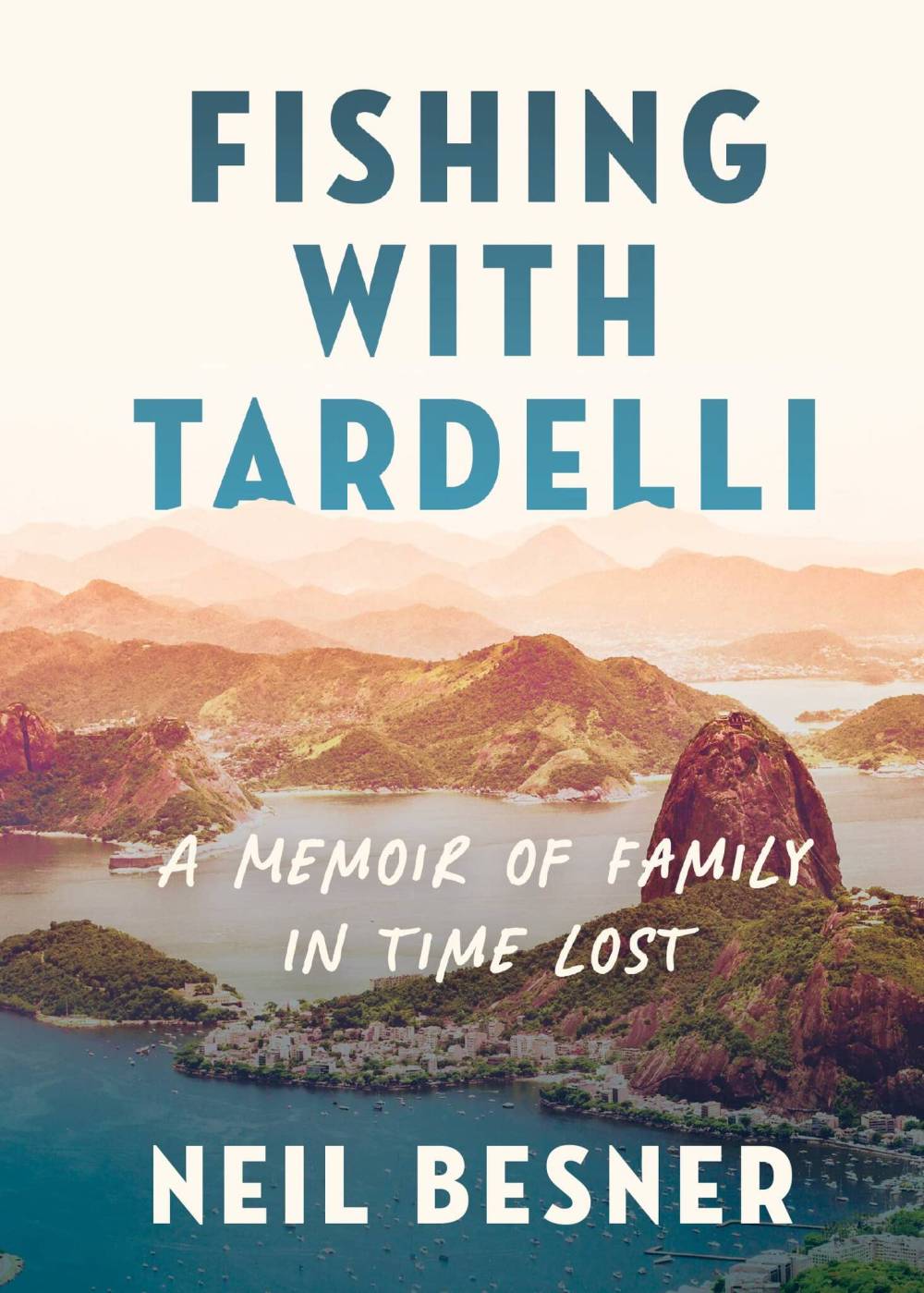Besner ruminates on time, memory in brief memoir
Advertisement
Read this article for free:
or
Already have an account? Log in here »
To continue reading, please subscribe:
Monthly Digital Subscription
$1 per week for 24 weeks*
- Enjoy unlimited reading on winnipegfreepress.com
- Read the E-Edition, our digital replica newspaper
- Access News Break, our award-winning app
- Play interactive puzzles
*Billed as $4.00 plus GST every four weeks. After 24 weeks, price increases to the regular rate of $19.00 plus GST every four weeks. Offer available to new and qualified returning subscribers only. Cancel any time.
Monthly Digital Subscription
$4.75/week*
- Enjoy unlimited reading on winnipegfreepress.com
- Read the E-Edition, our digital replica newspaper
- Access News Break, our award-winning app
- Play interactive puzzles
*Billed as $19 plus GST every four weeks. Cancel any time.
To continue reading, please subscribe:
Add Free Press access to your Brandon Sun subscription for only an additional
$1 for the first 4 weeks*
*Your next subscription payment will increase by $1.00 and you will be charged $16.99 plus GST for four weeks. After four weeks, your payment will increase to $23.99 plus GST every four weeks.
Read unlimited articles for free today:
or
Already have an account? Log in here »
Hey there, time traveller!
This article was published 11/06/2022 (1235 days ago), so information in it may no longer be current.
Preserving and parsing a family history through the eyes of one who’s lived it is no mean feat. But done well, memoir yields skilled narrative and, sometimes, character development.
Neil Besner’s memoir taps into this ideal. But not always successfully.
Besner is a former professor of English at the University of Winnipeg. He also served in a number of senior administrative roles at the university until his retirement in 2017. He now divides his time between Toronto and Lake of the Woods.

This is as much a meditation on time and memory as memoir in the classic sense.
The Tardelli of title is the man who taught Besner, as a boy, how to fish the bays of and around Rio de Janeiro.
But it’s Besner’s mother, the Dona Judite of story, who dominates these pages. Married twice, with two children by each union, she left him a legacy of two fathers — birth and step — and thereby also bequeathed him a childhood and adolescence lived on two continents, ever pivoting between Montreal and Brazil.
At base, these are slices of family history filtered through a merging of literal and literary landscapes and seascapes.
His childhood accounts of catching fish off the coast of Rio with just a handline are striking, the writing at once lyrical and grittily descriptive.
But Besner tends to wax esoteric erudition. And sometimes he veers off into recall that’s next door to stream-of-consciousness writing. Both of which tendencies obscure or interrupt the narrative flow.
Witness this passage about Besner’s 12-year-old self taking a bus ride in Brazil.
“The bus lurched in the sun amidst loud traffic, the scent of gas and diesel. Looking around at the passengers I saw that we are all alive. I looked around again. No change, except within: We are alive! We are, all of us, alive. Here we are.
“Presence: Atwood wants only this. It is communal, and it is always. Time falling away. God is alive, magic is afoot.”

It’s not that the memoir is not well written. It is, in places, very well written.
But in other places its surfeit of literary allusions and tropes makes it all but inaccessible to a broad reading audience.
For example, if you are going to reference a madeleine, or its absence, to transport yourself back in time and summon up images of grandparents, best pause to explain for most readers what that baked good represents. Marcel Proust’s employment of a sensory clue — the smell or taste of a French pastry — as the trigger for memory isn’t widely understood outside literary circles.
The memoir ends with a compelling touch, with an account akin to an elegy to a lost love — a lost love who late in his life was found again, and became his wife. (And to whom the book is dedicated.)
But for too much of the memoir the target audience appears to be Besner’s fellow litterateurs — its reach confined to those who create, or are learned about, literature.
Douglas J. Johnston is a Winnipeg lawyer and writer.


